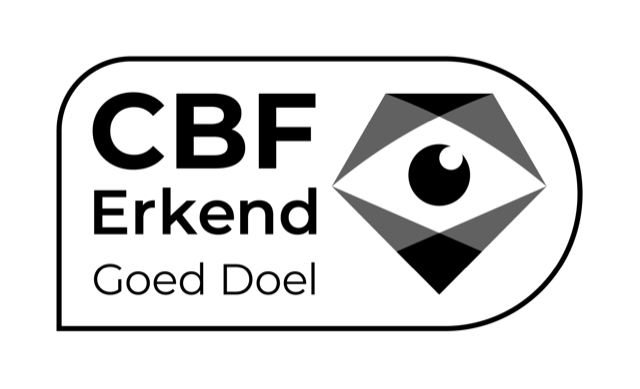Hammanskraal and Plastic view are two settlements adjacent to Pretoria where more than 55,000 people live. The people are in extreme poverty and live in the most vulnerable conditions and/or with the most complex problems (sexual violence and rape, lack of access to basic services such as water, sanitation and health care; drug trafficking and addiction, as well as high HIV/AIDS infection levels). Moreover, many children have to care for their siblings, as their parents have often died of HIV/AIDS. These families are often not registered with the local government, which prevents them from receiving family benefits.
Wereldkinderen supports an efficient programme that prevents family disintegration and provides appropriate care and protection for vulnerable children. In 2023, a total of 14,401 children and their families were reached through this project.

)




